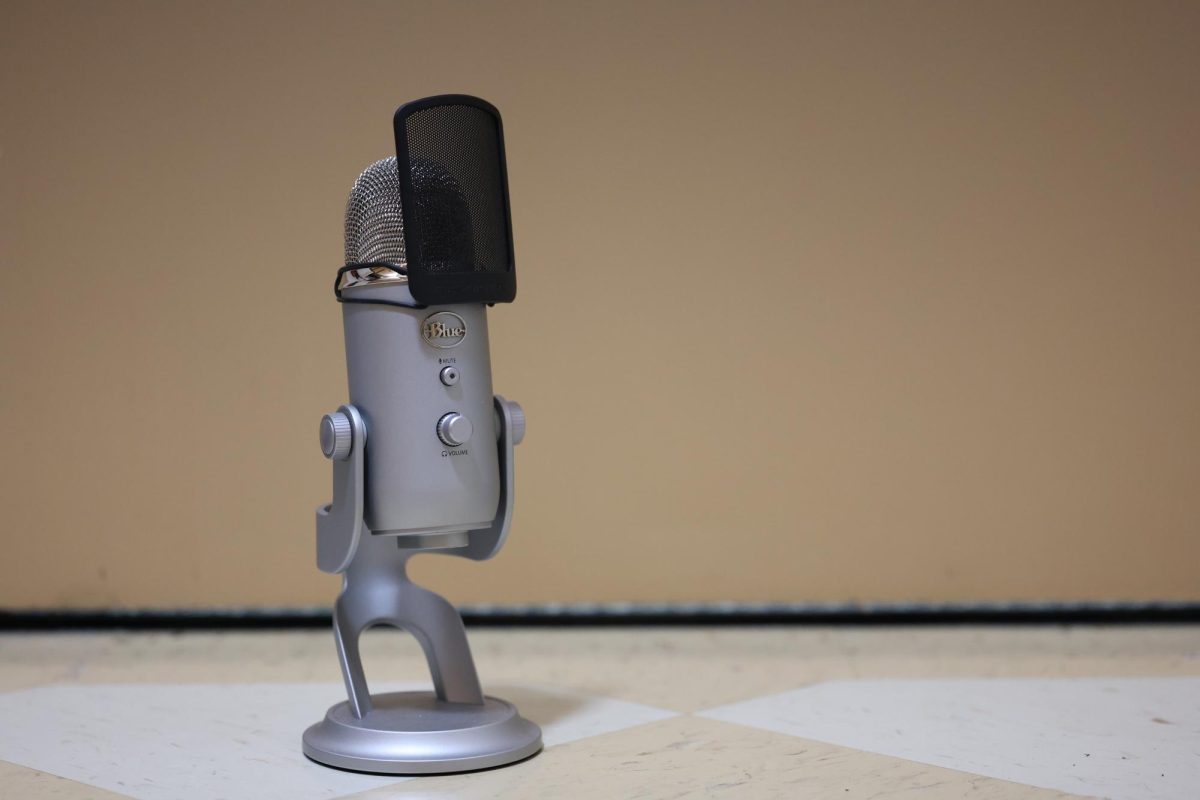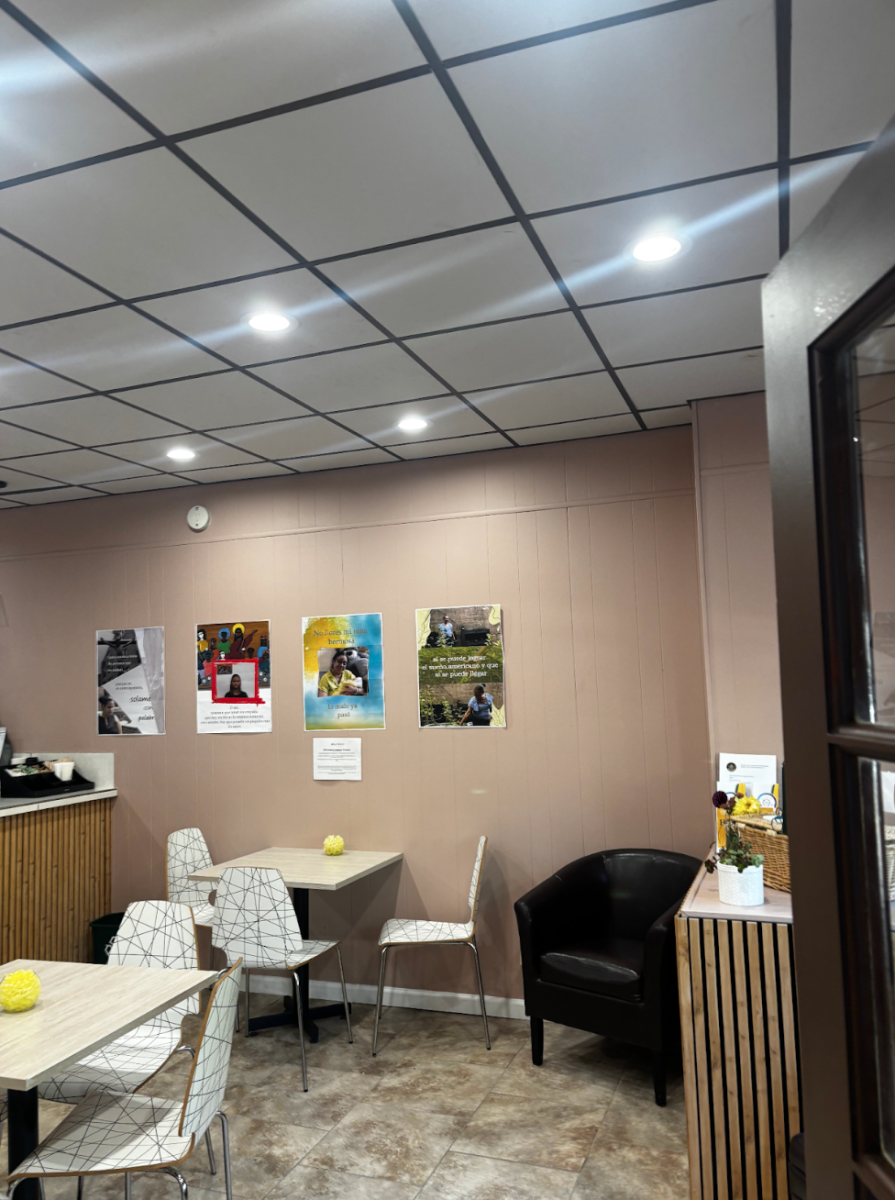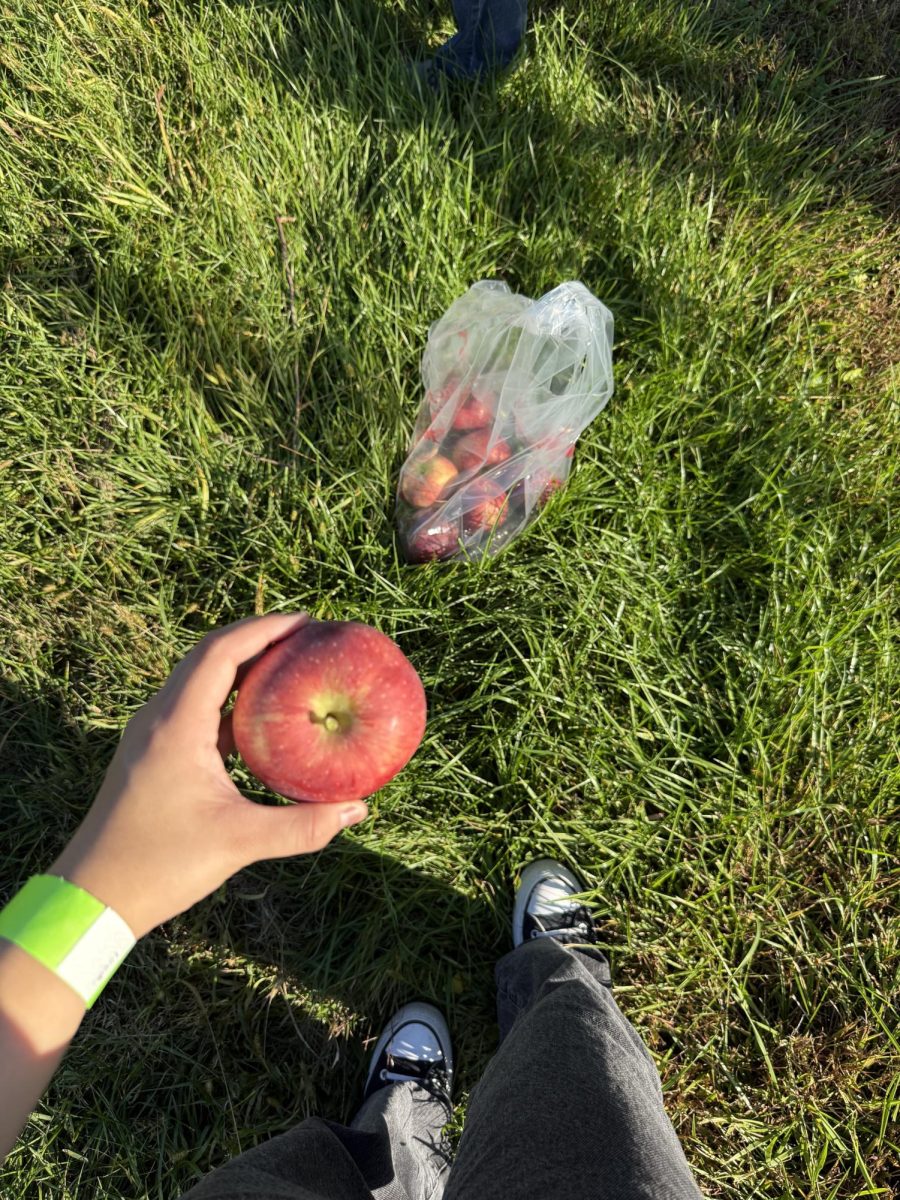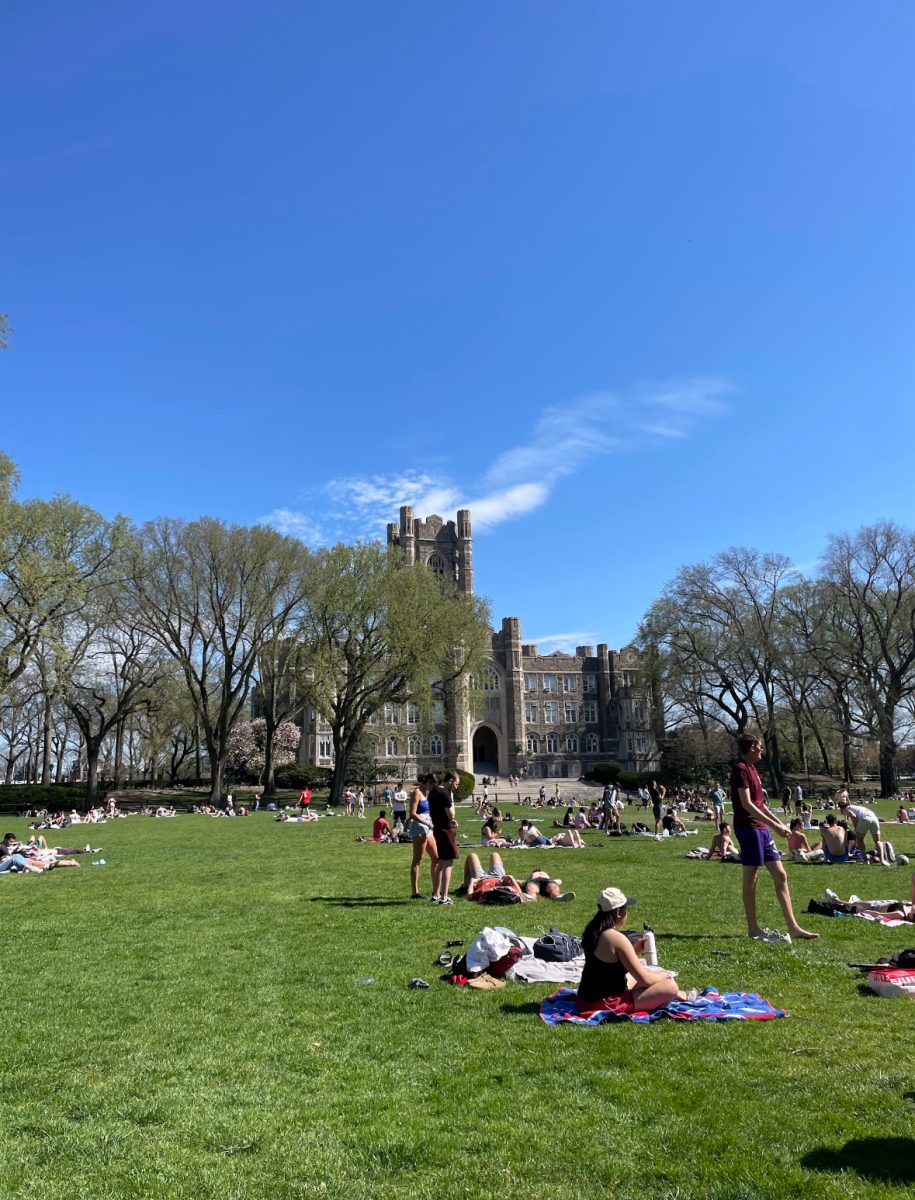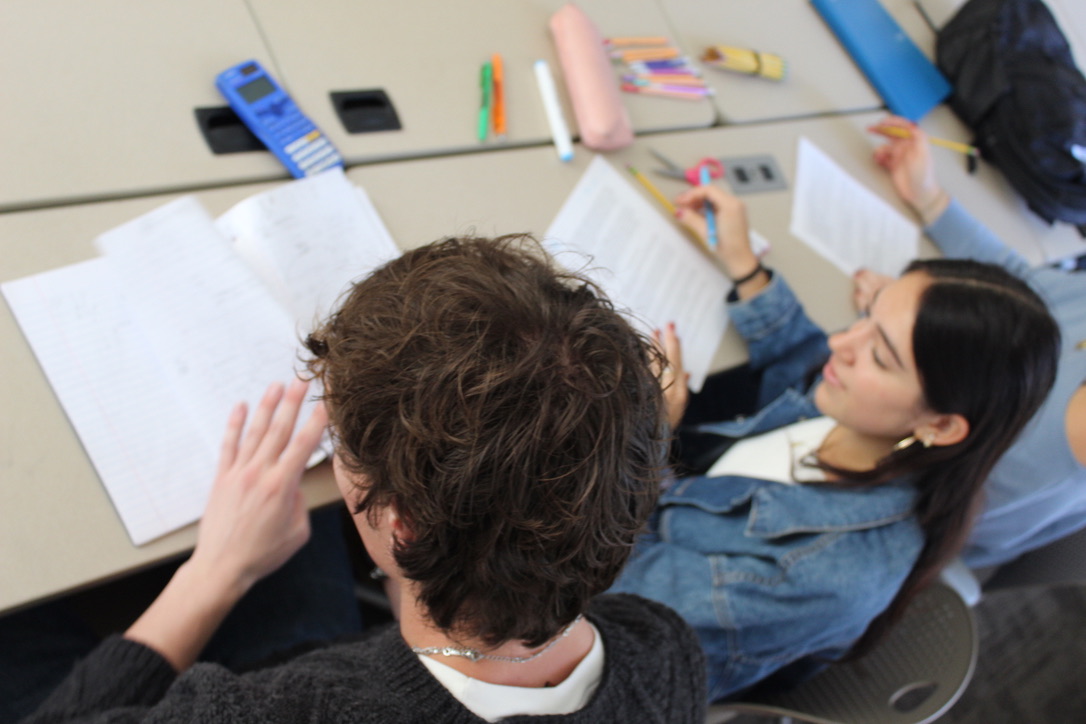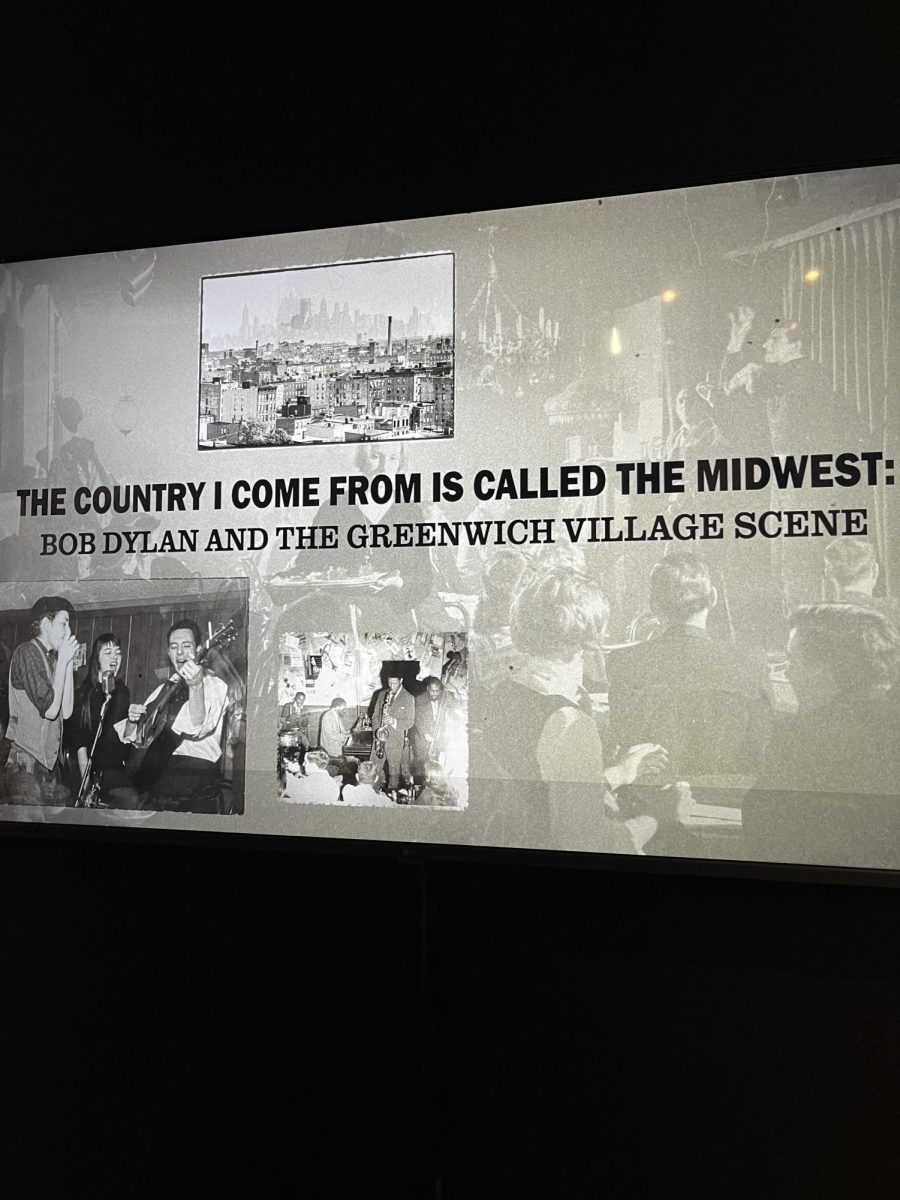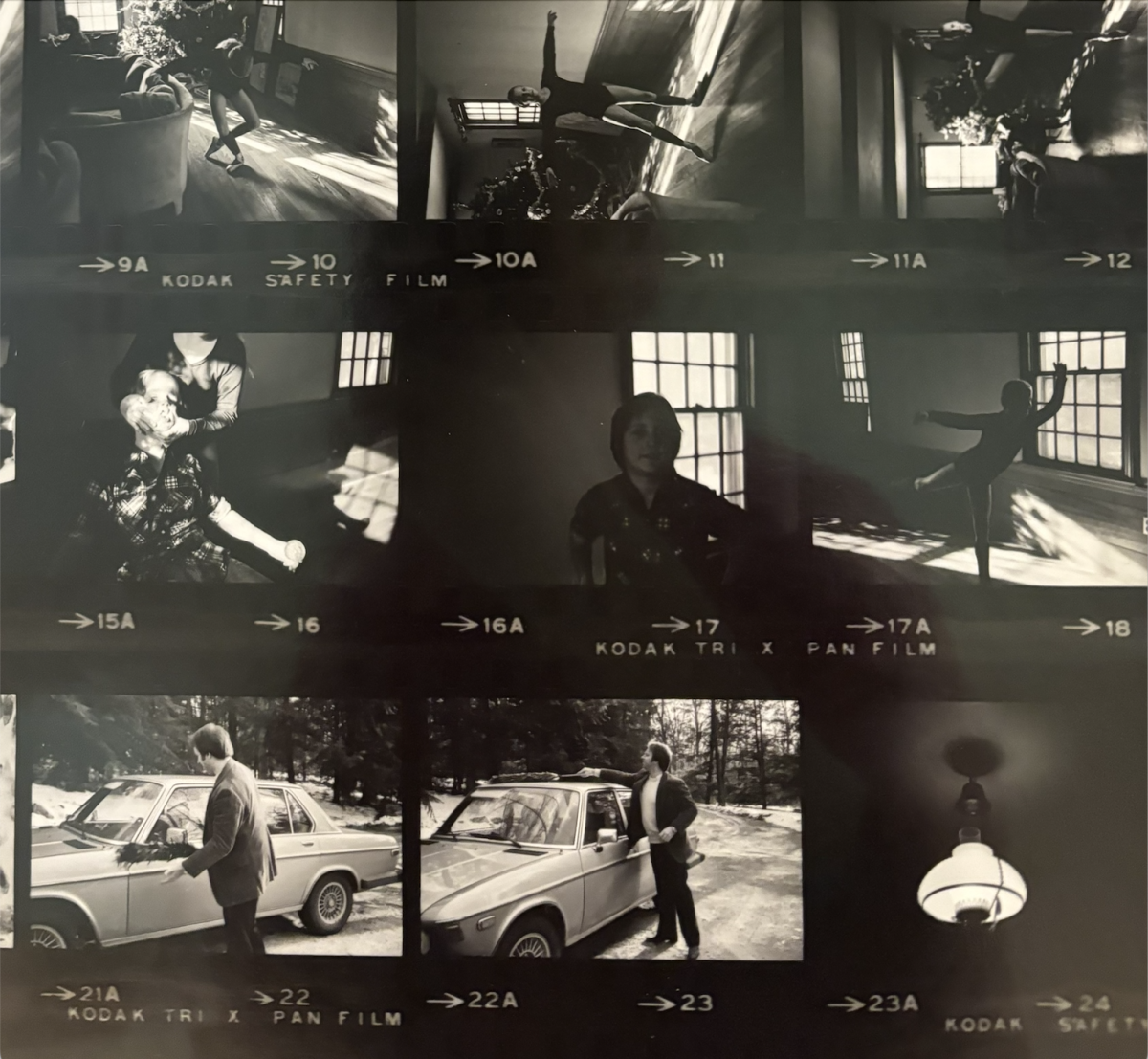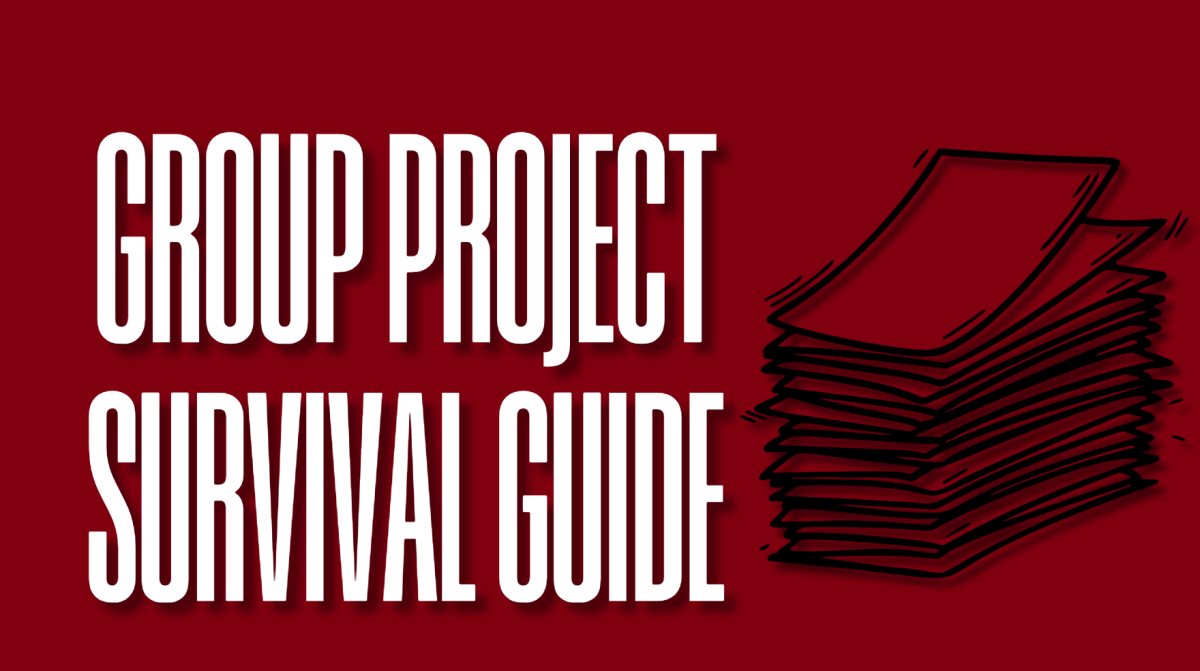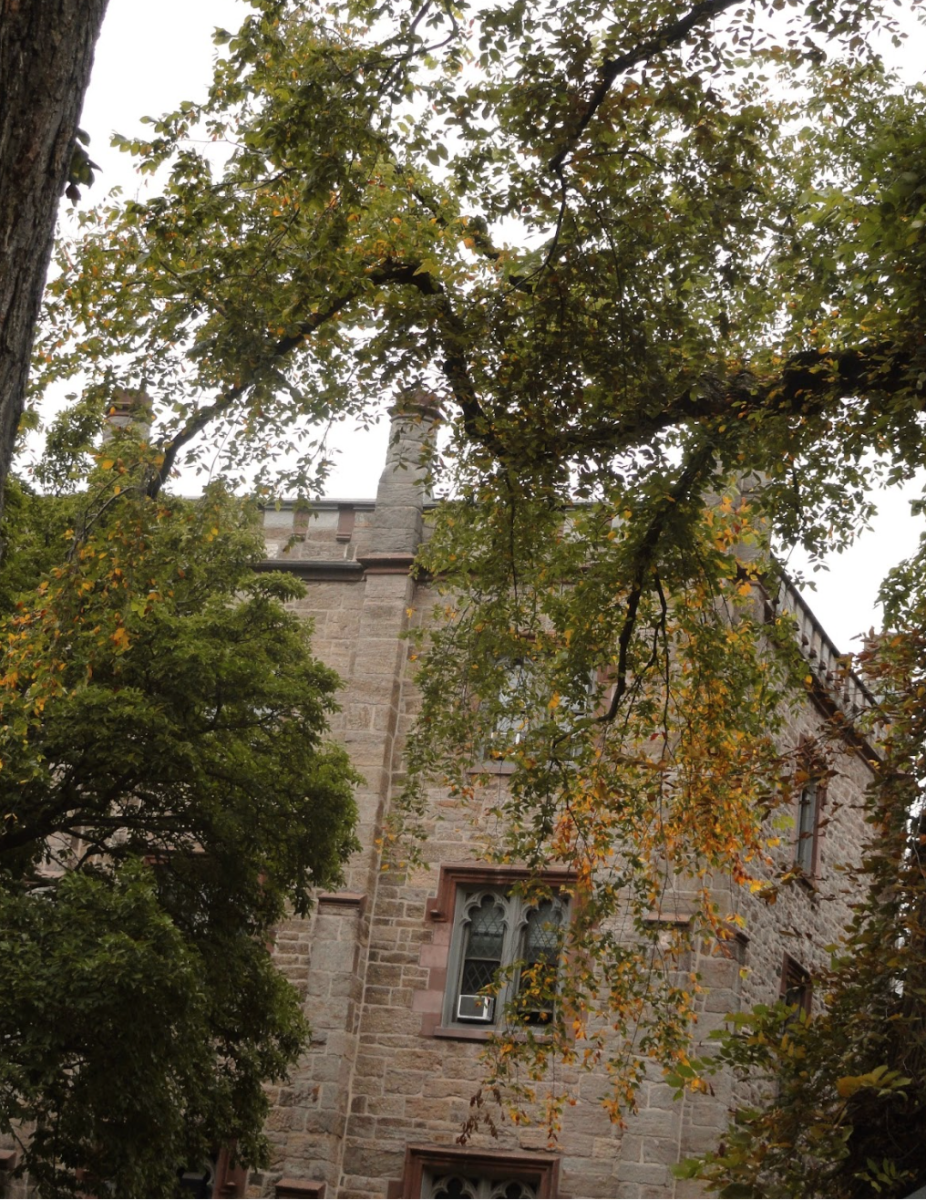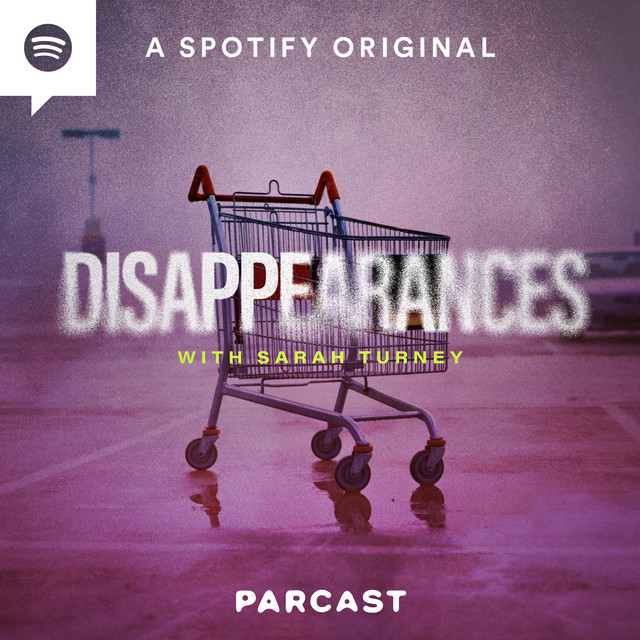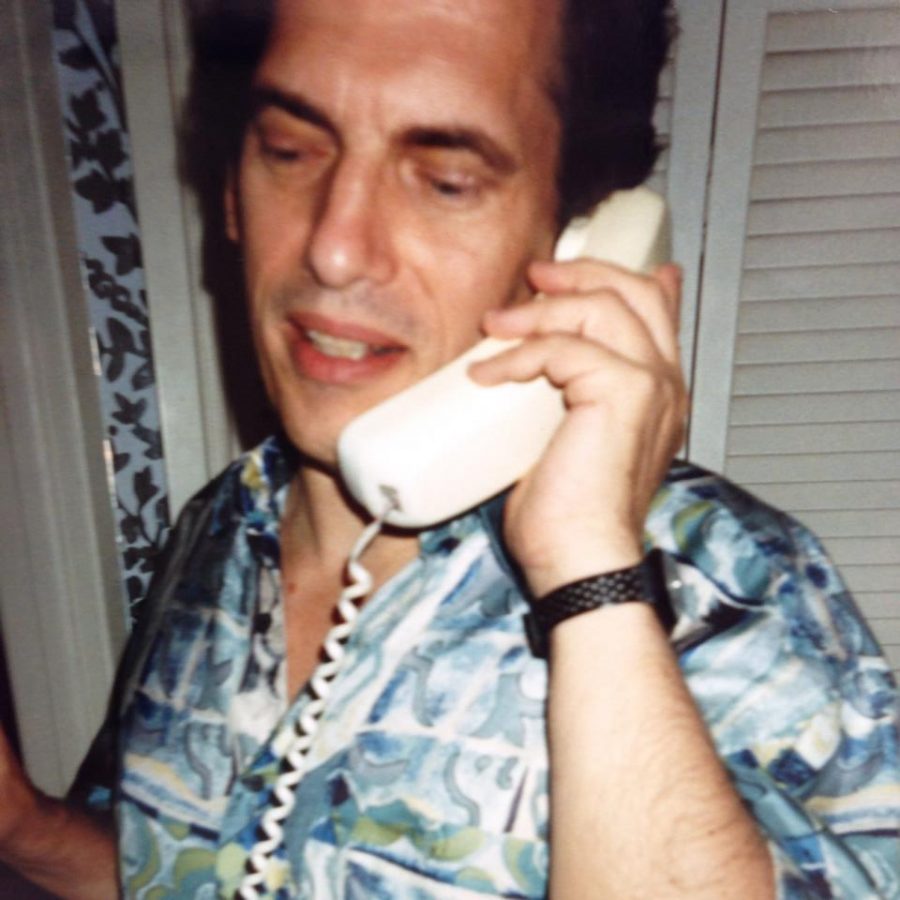Podcasts have increasingly become a vital part of how some people consume information, learn new things and engage in thought-provoking discussions. One of my favorite podcasts is “A Slight Change of Plans,” hosted by Dr. Maya Shankar. Named Apple’s Best Show of the Year in 2021, this podcast dives into the human experience of navigating unexpected changes. Through insightful interviews and expert analysis, Shankar helps listeners understand how individuals overcome challenges and adapt to shifting life circumstances. Her background in cognitive science and behavioral psychology makes this podcast particularly captivating. She brings a unique perspective to conversations about change, drawing from her experiences and academic expertise. One of the standout aspects of the podcast is its ability to humanize well-known figures by uncovering little-known personal struggles and triumphs.
Shankar has interviewed various guests, including Hillary Clinton, Tiffany Haddish and Kacey Musgraves, alongside everyday people with extraordinary stories. For example, one episode highlights a young cancer researcher diagnosed with stage four cancer, forcing him to grapple with the very disease he had dedicated his life to studying. Another episode featured a Black jazz musician who, through dialogue and music, persuaded hundreds of Ku Klux Klan members to leave the organization. These deeply moving stories showcase the resilience of the human spirit and the power of adaptation.
Shankar’s life experiences make her an especially fitting host for a show centered around change. Her journey began in the world of music — an aspiring violinist. However, during her senior year of high school, she suffered a severe hand injury, a nightmare scenario for any musician. Doctors advised her to stop playing entirely, a crushing blow after years of dedication. Determined to keep going, she attempted to play with just one hand for nearly a year before ultimately deciding to step away from her musical aspirations. At just 17, she faced an overwhelming question: “What do I do now?” With resilience and adaptability, she pivoted toward cognitive science, a field that would later define her career. She earned a B.A. from Yale University, a Ph.D. from Oxford University as a Rhodes Scholar and completed a postdoctoral fellowship in cognitive neuroscience at Stanford University. Her ability to blend personal experiences with scientific insights makes her an exceptional interviewer and storyteller.
With the rise of podcasts, some have wondered whether they will overtake traditional journalism, such as newspapers, radio and television. While podcasts have certainly transformed the media landscape, they are more complementary than competitive. Unlike traditional journalism, which often focuses on breaking news and short-form reporting, podcasts allow for deep dives into topics and extended conversations. They provide a platform for long-form storytelling, expert interviews and niche interests that mainstream media may not cover in depth.
However, podcasts also come with challenges. Unlike established news organizations that adhere to rigorous editorial standards, many podcasts operate independently, sometimes with minimal fact-checking. This makes it crucial for listeners to discern credible sources from opinion-driven content. Nonetheless, many podcasts, including “A Slight Change of Plans,” uphold high journalistic and intellectual standards, offering in-depth analysis and meaningful storytelling that rival traditional media. I use them for various purposes, such as personal reasons. Shows like “A Slight Change of Plans” help me understand human behavior, decision-making and resilience in facing challenges. There are also podcasts for current events and news and narrative-driven podcasts that offer captivating stories that rival books and films. So many.
“A Slight Change of Plans” is a podcast that stands out for its engaging storytelling and its ability to explore the complexity of change in our lives. Dr. Maya Shankar’s expertise, combined with the deeply personal narratives of her guests, makes for an inspiring and insightful listening experience. While podcasts may not replace traditional journalism, they have a significant space in modern media. Whether for education, inspiration or entertainment, podcasts have become vital to how we consume and engage with the world around us.



































































































































































































